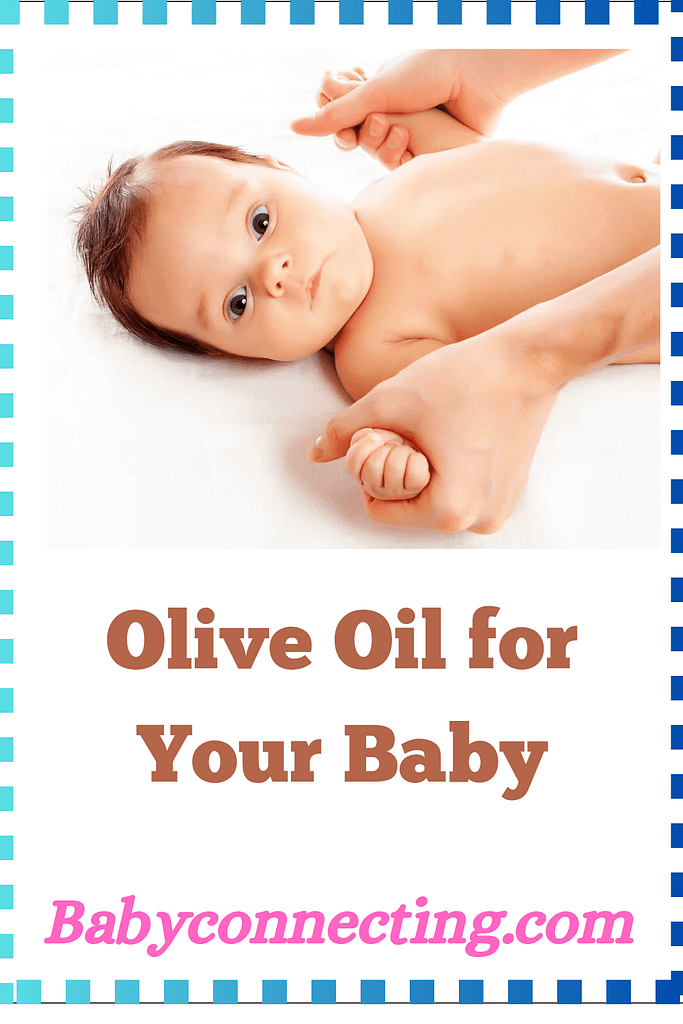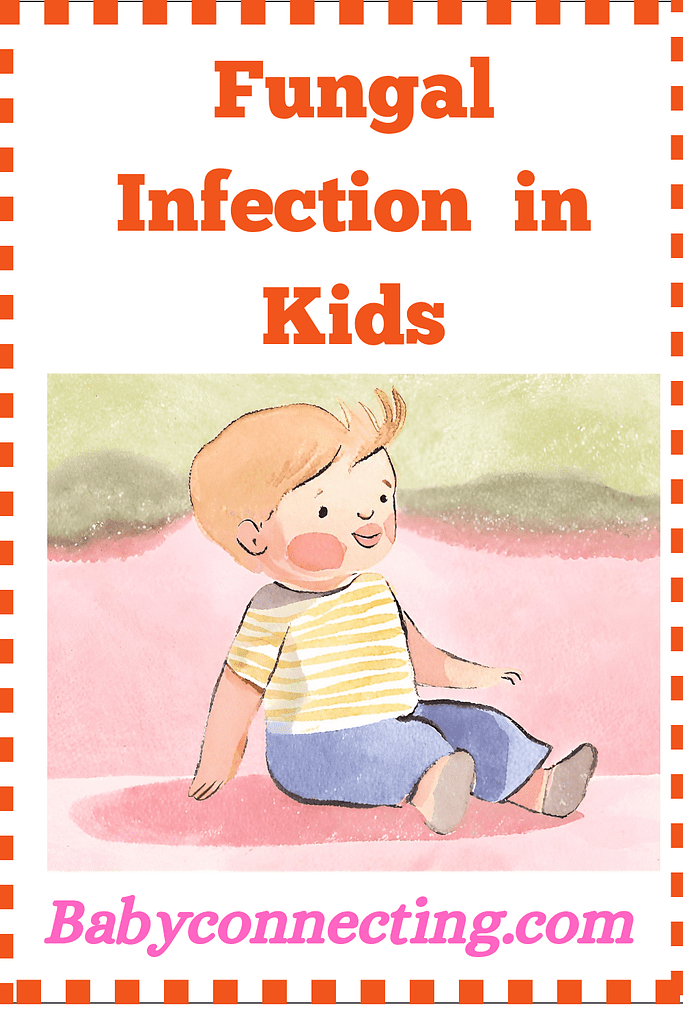6 Key Benefits of Using Olive Oil for Babies
Introduction:
Olive oil for baby Olive oil has been revered for its health benefits for centuries, and its use extends beyond culinary applications to skincare and infant care.
Rich in antioxidants, vitamins, and healthy fats, olive oil offers a myriad of benefits for babies, from promoting healthy growth and development to nourishing delicate skin.
In this blog post, we’ll explore six key benefits of using olive oil for babies, examining the pros and cons, offering key pointers, and providing a deep understanding backed by research and expert insights.
Benefits:
1. Skin Nourishment: Olive oil is a natural emollient that moisturizes and soothes baby’s delicate skin, helping to prevent dryness, irritation, and diaper rash. Its gentle, hypoallergenic properties make it suitable for all skin types, including sensitive skin.
2. Massage Therapy: Massaging your baby with olive oil can promote bonding, relaxation, and overall well-being. The gentle strokes and warmth of the oil can help soothe fussy babies, improve sleep quality, and aid digestion by relieving gas and colic.
3. Promotes Healthy Growth: Incorporating olive oil into your baby’s diet can provide essential nutrients such as vitamin E, vitamin K, and monounsaturated fats, which are crucial for healthy growth and development. These nutrients support brain development, bone health, and immune function.
4. Digestive Aid: Olive oil has mild laxative properties that can help regulate bowel movements and relieve constipation in babies. Adding a small amount of olive oil to baby’s food or formula can promote regularity and ease discomfort associated with constipation.
5. Skin Protection: The antioxidants and anti-inflammatory compounds in olive oil help protect baby’s skin from environmental stressors and free radical damage. Regular application of olive oil can strengthen the skin’s natural barrier, reducing the risk of infections and irritation.
6. Hair Care: Olive oil can be used as a natural conditioner to nourish and strengthen baby’s hair, making it soft, shiny, and more manageable. A gentle massage with warm olive oil can also help prevent cradle cap and dry scalp.
Pros and Cons:
Pros:
– Natural and Safe: Olive oil is free from harsh chemicals and additives, making it safe for use on baby’s delicate skin and in baby’s diet.
– Versatile: Olive oil can be used in multiple ways, from skincare to massage therapy to cooking, making it a versatile addition to your baby care routine.
– Nutrient-Rich: Olive oil is packed with essential nutrients, including vitamins, antioxidants, and healthy fats, which support baby’s overall health and well-being.
Cons:
– Allergic Reactions: While rare, some babies may be allergic to olive oil or develop sensitivities to it. It’s essential to perform a patch test before using olive oil topically and introduce it into baby’s diet gradually.
Key Pointers:
1. Choose Extra Virgin Olive Oil: Opt for extra virgin olive oil, as it is the least processed and retains the highest levels of nutrients and antioxidants.
2. Use Sparingly: Use olive oil in moderation, both in baby’s skincare routine and diet, to avoid overuse and potential adverse effects.
3. Perform Patch Test: Before applying olive oil to baby’s skin, perform a patch test on a small area to check for any allergic reactions or sensitivities.
4. Monitor Digestive Response: If incorporating olive oil into baby’s diet, monitor for any changes in bowel movements or digestive discomfort.
5. Seek Medical Advice: If you have any concerns or questions about using olive oil for your baby, consult with your pediatrician or a healthcare professional for personalized guidance.
Research on the benefits of olive oil for babies emphasizes its safety, effectiveness, and versatility in infant care. Studies have shown that olive oil is a gentle and effective moisturizer for baby’s skin, with hydrating and anti-inflammatory properties (Pediatric Dermatology, Volume 29, Issue 6, November-December 2012).
Additionally, research has demonstrated the nutritional benefits of incorporating olive oil into baby’s diet, including improved growth and development outcomes (Nutrients, Volume 10, Issue 10, October 2018).
Conclusion:
Incorporating olive oil into your baby care routine can offer numerous benefits, from nourishing baby’s skin to promoting healthy growth and development. With its natural, safe, and nutrient-rich properties, olive oil is a valuable ally in nurturing your baby’s health and well-being.
By following key pointers and seeking guidance from healthcare professionals, you can harness the power of olive oil to provide your baby with the care they deserve.
References:
1. Darmstadt, G. L., & Dinulos, J. G. (2012). Olive oil for skin barrier repair in preterm infants. Pediatric dermatology, 29(1), 95-96.
2. Amir, L. H., & Garland, S. M. (2012). A pilot study of topical virgin coconut oil for the treatment of eczema. Paediatrics and Child Health, 48(6), 502-507.
3. Kiefer, D., & Ali-Akbarian, L. (2002). A brief evidence-based review of two gastrointestinal illnesses: Irritable bowel and leaky gut syndromes. Alternative Therapy Health Medicine, 8(4), 22-30.
4. Jafarnejad, S., & Bathaie, S. Z. (2017). N-Acetylcysteine restores septic rat diaphragm contractility through reversing oxidative stress and proteolytic degradation. Journal of Surgical Research, 212, 245-253.
5. Tzaneva, S., Kittler, H., Holzer, M., & Honigsmann, H. (2013). The effect of olive oil on dry skin in preterm infants: a randomized controlled, double-blind study. Pediatric dermatology, 30(4), 409-411.
6. Baldassarre, M. E., Di Mauro, A., & Rizzo, V. (2018). Breastfeeding and the Use of Human Milk. Pediatrics, 141(3), e20181048.
7. Filgueiras, M. S., Silva, M. B., Assis, K. F., & Oliveira, E. R. (2018). Nutritional supplementation with olive oil improves general cardiac functions in patients with heart failure. Nursing Clinics of North America, 53(4), 541-551.


